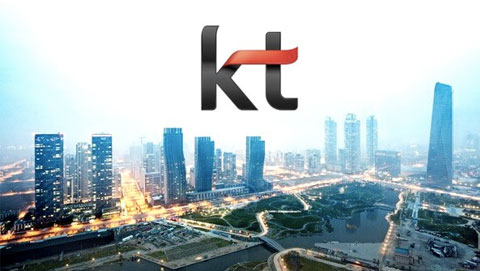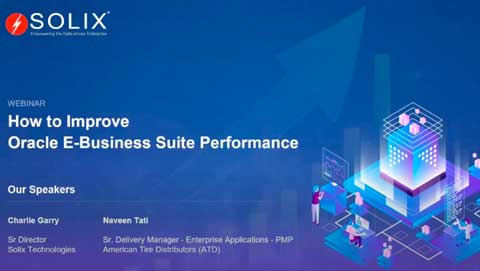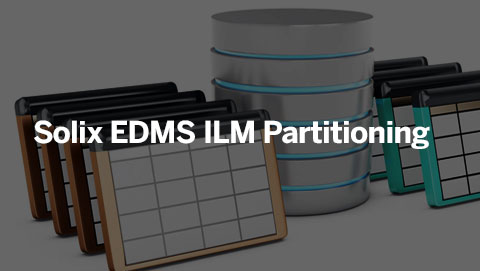Data Governance
What is Data Governance?
Data Governance involves formulating processes, roles, responsibilities, and rules that dictate data management within an organization. Its primary goals are to ensure data quality, integrity, security, and compliance with regulatory requirements. Data Governance establishes a framework for organizations to derive maximum value from their data while minimizing associated risks.
Key Components
Effective governance has various components that are important in an organization. Here are a few that can help data teams implement a better data governance policy:
- Data Policies and Standards:
Establish comprehensive data policies and standards.
Define rules and guidelines for data usage, security, and compliance within the organization.
- Data Quality Management:
Ensure the accuracy, consistency, and reliability of data.
Implement solutions to maintain high data quality by preserving historical data, optimizing storage, and enabling efficient data retrieval.
- Metadata Management:
Catalog, organize, and track data lineage.
Enhance transparency and accountability within the organization.
- Data Security and Compliance:
Protect sensitive data and ensure compliance with industry regulations.
Use advanced security features, encryption, and access controls to adhere to data protection and privacy standards.
- Data Lifecycle Management:
Manage the entire data lifecycle to optimize resources and minimize risks.
Implement intelligent data tiering, archival, and retention policies for efficient data lifecycle management.
Key Benefits
Implementing robust data governance practices offers numerous benefits, from improved decision-making to enhanced compliance. Here are some of the primary advantages organizations can expect:
- Improved Decision-Making:
Transparent data governance practices instill confidence in data accuracy and reliability.
Lead to more informed and confident decision-making.
- Enhanced Compliance:
Robust Data Governance practices help organizations adhere to regulatory requirements.
Mitigate the risk of legal and financial consequences.
- Optimized Data Management:
Efficiently manage and utilize data assets.
Align with the principles of Data Governance for better organizational efficiency.
Best Practices
There are few standard best practices to ensure effective data governance in the organization. Here are a few:
- Establish a Data Governance Framework:
Define roles, responsibilities, and decision-making processes.
Develop a governance framework that aligns with organizational objectives.
- Create and Enforce Data Policies:
Develop clear and concise data policies.
Implement mechanisms to enforce compliance with these policies.
- Continuous Monitoring and Auditing:
Regularly monitor data quality and security.
Conduct audits to identify and rectify any deviations from governance standards.
- Training and Awareness:
Provide training programs to educate employees on data governance principles.
Foster a culture of awareness and accountability regarding data management.
FAQs
How can Data Governance improve decision-making within an organization?
By establishing clear practices for data management, Data Governance ensures that data is accurate, reliable, and accessible. This instills confidence in the data used for decision-making, leading to more informed and effective business decisions.
What role does Metadata Management play in Data Governance?
Metadata Management involves cataloging, organizing, and tracking data lineage. It enhances transparency and accountability, making it easier for organizations to understand their data assets and ensure they are used appropriately and effectively.
How can organizations ensure compliance with Data Governance policies?
Organizations can ensure compliance by developing clear data policies, implementing robust monitoring and auditing processes, and providing regular training and awareness programs for employees. Continuous oversight and regular audits help identify and rectify any deviations from established governance standards.





